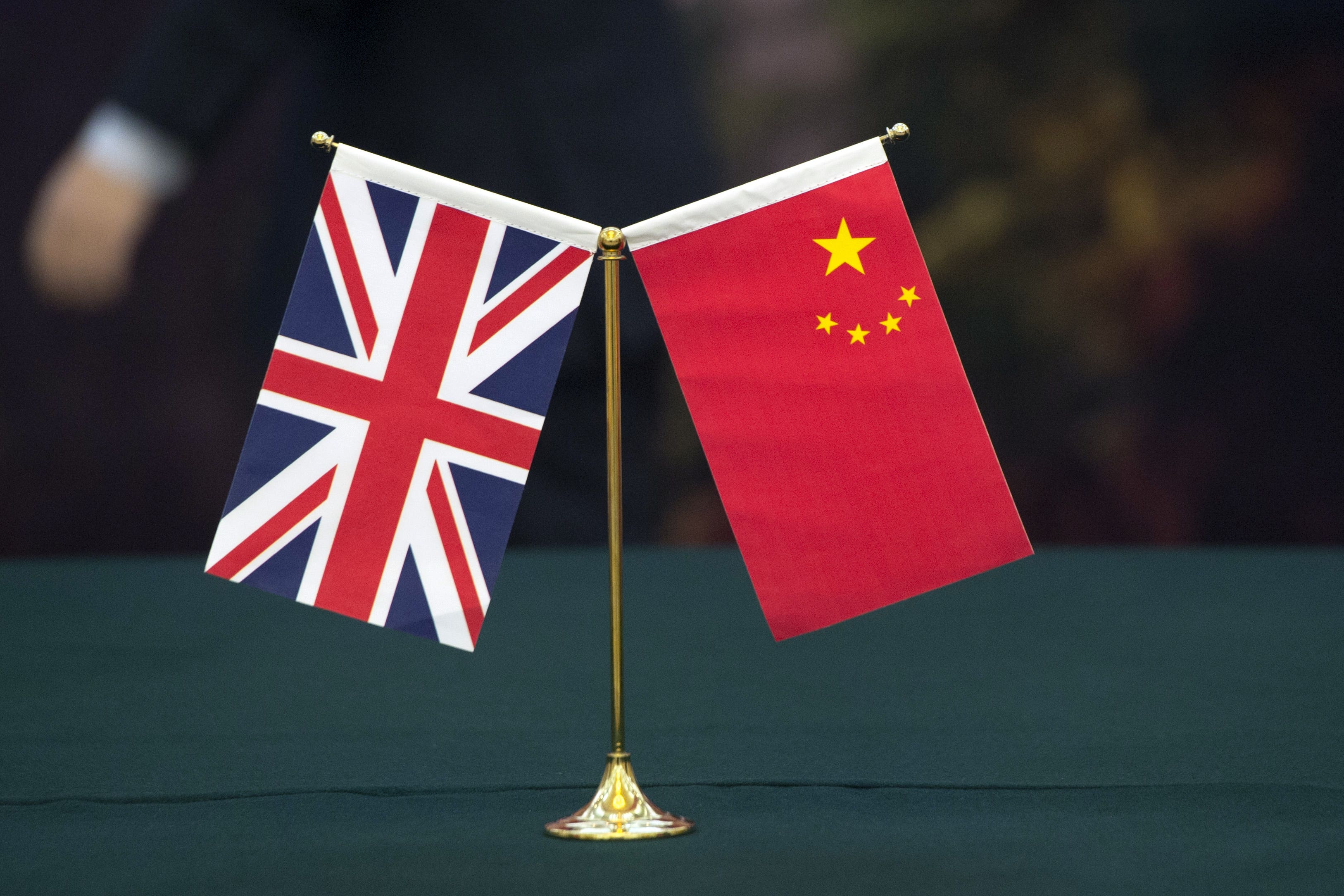Sunak under pressure to act amid row over alleged Chinese spy
New curbs on Chinese influence could be considered, as ministers continue to face questions about allegations of Chinese espionage in Westminster.

Your support helps us to tell the story
From reproductive rights to climate change to Big Tech, The Independent is on the ground when the story is developing. Whether it's investigating the financials of Elon Musk's pro-Trump PAC or producing our latest documentary, 'The A Word', which shines a light on the American women fighting for reproductive rights, we know how important it is to parse out the facts from the messaging.
At such a critical moment in US history, we need reporters on the ground. Your donation allows us to keep sending journalists to speak to both sides of the story.
The Independent is trusted by Americans across the entire political spectrum. And unlike many other quality news outlets, we choose not to lock Americans out of our reporting and analysis with paywalls. We believe quality journalism should be available to everyone, paid for by those who can afford it.
Your support makes all the difference.New curbs on Chinese influence could be considered, as ministers continue to face questions about allegations of espionage in Westminster.
The arrest of a parliamentary researcher under the Official Secrets Act has revived debates about the UK’s relationship with the Beijing, with some Tory MPs pushing Rishi Sunak to label China a “threat”.
Public confirmation of the arrest came only weeks after James Cleverly became the first Foreign Secretary in five years to visit China, amid efforts to develop more pragmatic ties with the country.
Mr Sunak on Monday insisted that Mr Cleverly raised the issue of Chinese interference in UK democratic institutions during his recent trip and that he had “reinforced this” at the G20 summit.
But MPs have questioned whether it took reports of the arrest in March to be made public for the Prime Minister to raise concerns.
Deputy Prime Minister Oliver Dowden signalled that ministers could consider a tougher stance on China in the wake of the row.
He told MPs on Monday that there is a “strong case” for designating China in the “enhanced tier” of countries under the new National Security Act.
That would see China designated as “posing a potential risk to UK safety or interests”, with anyone working in the UK “at the direction” of Beijing required to place themselves on the “foreign influence registration scheme”.
Failure to do so could see an individual facing up to five years in prison.
In the Commons, Mr Dowden did not commit to such a move but Mr Sunak is likely to continue to face questions about the Government’s response as he prepares to chair Cabinet later.
The man at the centre of the allegations has insisted he is “completely innocent”, saying he has spent his career highlighting the “challenge and threats presented by the Chinese Communist Party”.
In a statement released through his lawyers, the 28-year-old researcher – who has not been officially named by police or MPs – said: “I feel forced to respond to the media accusations that I am a ‘Chinese spy’.
“It is wrong that I should be obliged to make any form of public comment on the misreporting that has taken place.
“However, given what has been reported, it is vital that it is known that I am completely innocent.
“I have spent my career to date trying to educate others about the challenge and threats presented by the Chinese Communist Party.
“To do what has been claimed against me in extravagant news reporting would be against everything I stand for.”
The Briton was arrested along with another man by officers on March 13 on suspicion of spying for Beijing, it was revealed by the Sunday Times.
Officers from the Metropolitan Police’s Counter Terrorism Command, which oversees espionage-related offences, are investigating.
One of the men, in his 30s, was detained in Oxfordshire on March 13, while the other, in his 20s, was arrested in Edinburgh, Scotland Yard said.
Both were held on suspicion of offences under Section 1 of the Official Secrets Act 1911, which punishes offences that are said to be “prejudicial to the safety or interests of the state”.
They have been bailed until early October.
The arrests were only revealed at the weekend and the researcher at the centre of the row had links with senior Tories including security minister Tom Tugendhat and Foreign Affairs Committee chairwoman Alicia Kearns.
The allegations have led to increased pressure from “hawks” on the Tory benches, including former prime minister Liz Truss, for the Mr Sunak to go beyond describing China as a “challenge” and instead label the state a “threat”.
Sir Iain Duncan Smith, one of the most vocal critics of China in the Commons, told Channel 4 News of his fears that there could be an “espionage ring” centred on Westminster.